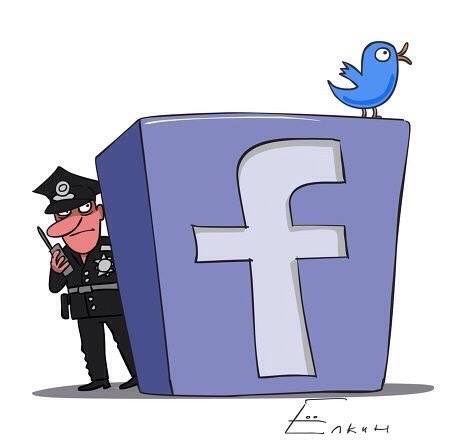 A MAN from Derry has revealed how blackmailers demanded £10,000 not to reveal an intimate video on Facebook.
A MAN from Derry has revealed how blackmailers demanded £10,000 not to reveal an intimate video on Facebook.
He told Radio Foyle’s Mark Patterson show today that he suffered two months of “hell” after being tricked into making the recording by a woman he met online.
The PSNI say they are investigating 160 cases of internet sex blackmail across the North of Ireland over the past year.
Detective Chief Inspector James Mullan of the PSNI’s Cyber Crime Unit praised the man for coming forward to the BBC to warn others of the dangers lurking on the internet.
“We get about two or three reports a week across Northern Ireland of predominantly male people within the community who become victims of this type of incident,” he said.
“I want to give people the confidence to come forward to the police and report it,” he said.
“While we find it very difficult to get the people responsible, it’s really important that, not just the police service, but other agencies are there to support these people.”
Most of the scams originate in countries such as Philippines and Morocco, added DCI Mullan.
Christopher (not his real name) told the Mark Patterson Show how he received a friend request from a “very attractive young lady” on Facebook.
“Over a period of a few days we were chatting. She was a lot younger than I was. I’m in my 40s, she was, maybe, in her 20s.
“I was going through a bitter divorce at the time and you know… I was enjoying the attention, looking for a new relationship,” he said.
“Over a period of time, it progressed to another level where she asked me did I want a video chat and the conversation became quite sexual.
“She got me on my phone through messenger and asked: ‘Do you want to see me naked?’
“I put on video call, and all of a sudden I see a bedroom, and a girl naked, touching herself, caressing herself – she asked me to do the same thing.
“Then all of a sudden she left the camera and came back and she seemed to push some sort of a button, and all of a sudden it was a video of me doing what I shouldn’t.
“She says: ‘You’ve just broken the law, if you don’t send £10,000 it (the video) will be posted to various friends.'”
One of the names that appeared on Christopher’s device was the name of his daughter.
“I went into total panic, total panic and talk about cold sweats,” he said.
The blackmailer managed to post the video onto Christopher’s Facebook timeline, but he was able to swiftly remove it.
Christopher was given 24 hours to send his blackmailer the money.
During this time, he described how feelings of shame, disgust and most of all fear, nearly drove him over the edge.
In the end, Christopher reported the person to Facebook, and said the company was very supportive.
He also spoke to the Samaritans before confiding in two close friends, who accompanied him to the local police station.
“That constable was absolutely brilliant, she saw the stress I was under, she said ‘you’ve broken no law’,” he said.
He explained that the police wanted to trace the IP address of the computer being used by the blackmailer.
“The case is now closed, they never found out, but I went through hell for two months,” he said.
Although still living under the threat of his video being released, Christopher said he felt good.
“If I could just use my pain and anxiety to help just one person, then to be honest, I feel quite proud that I’ve done something. That I took a stand you know,” he said.
 PSNI advice on how to protect yourself online
PSNI advice on how to protect yourself online
- Do not compromise your identity by removing clothes or performing intimate acts online.
- What goes online may stay online, be wary about accepting friend invitations on social networking sites.
- Do not include any sensitive, private or confidential information on your profile.
- Update your privacy settings.
Tags:





